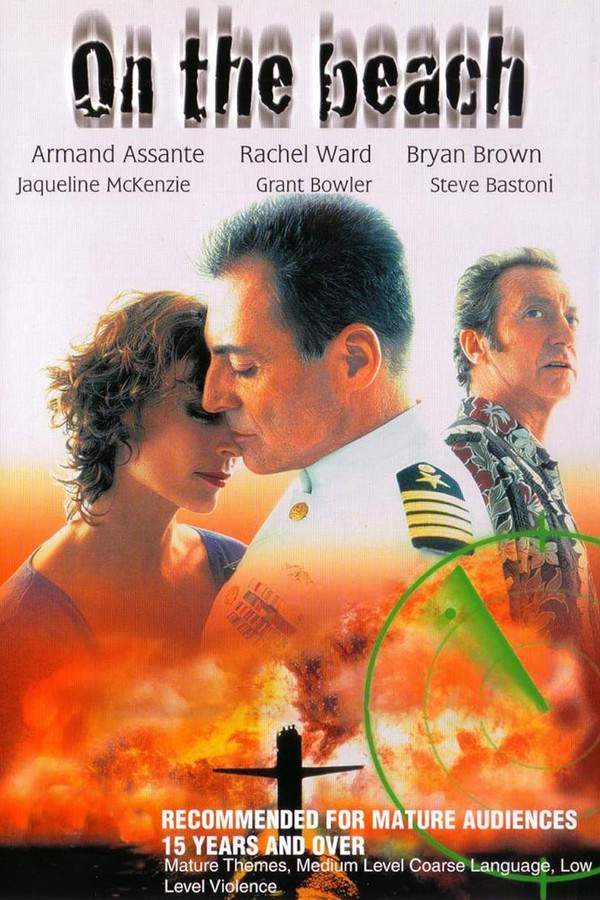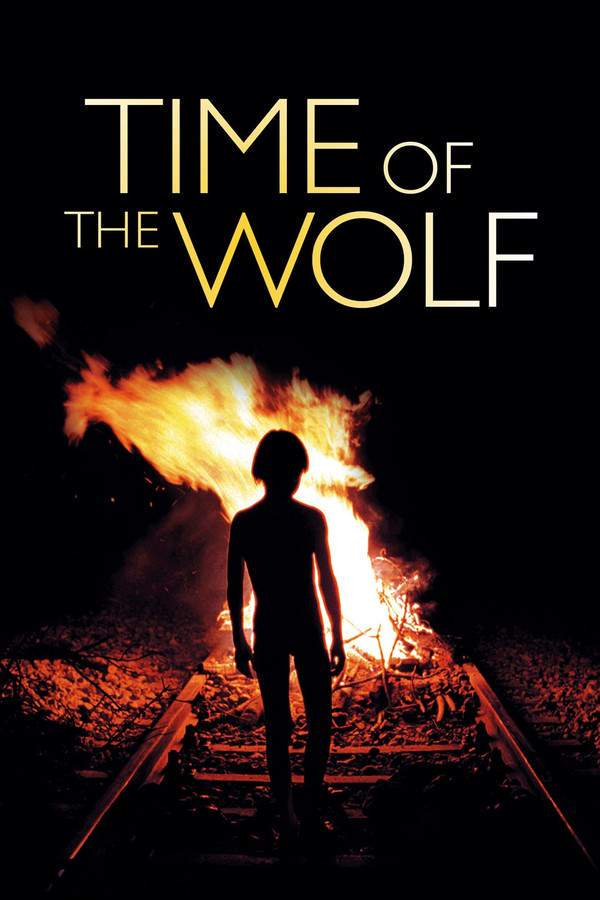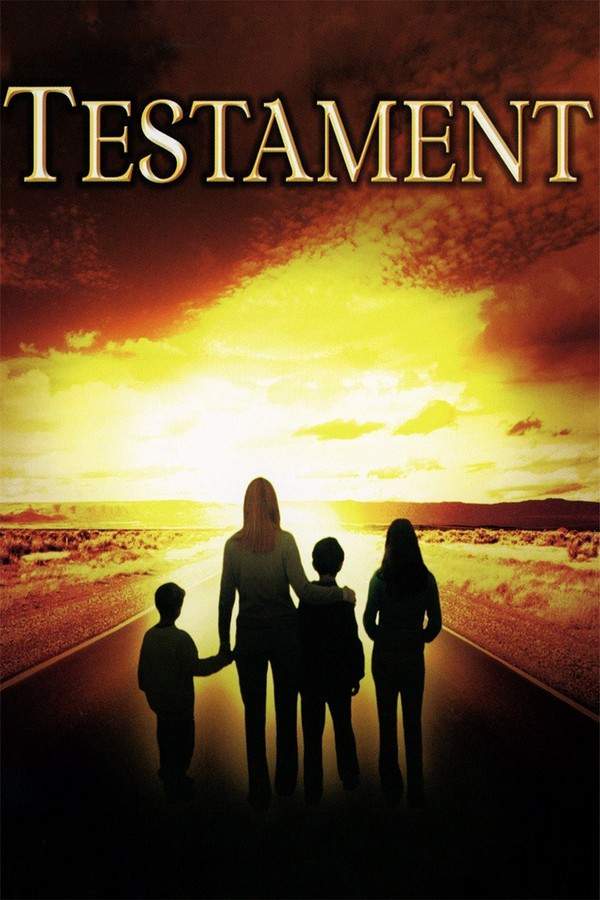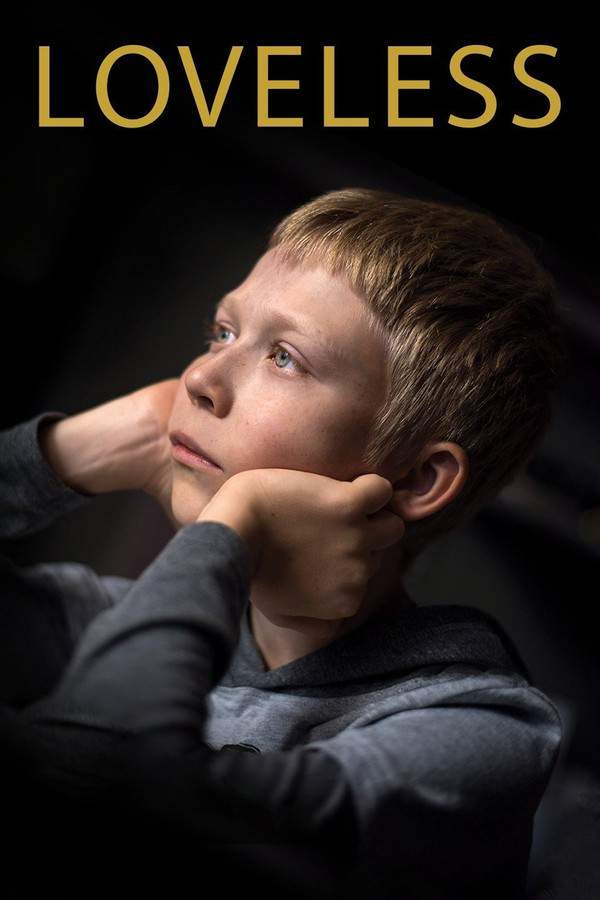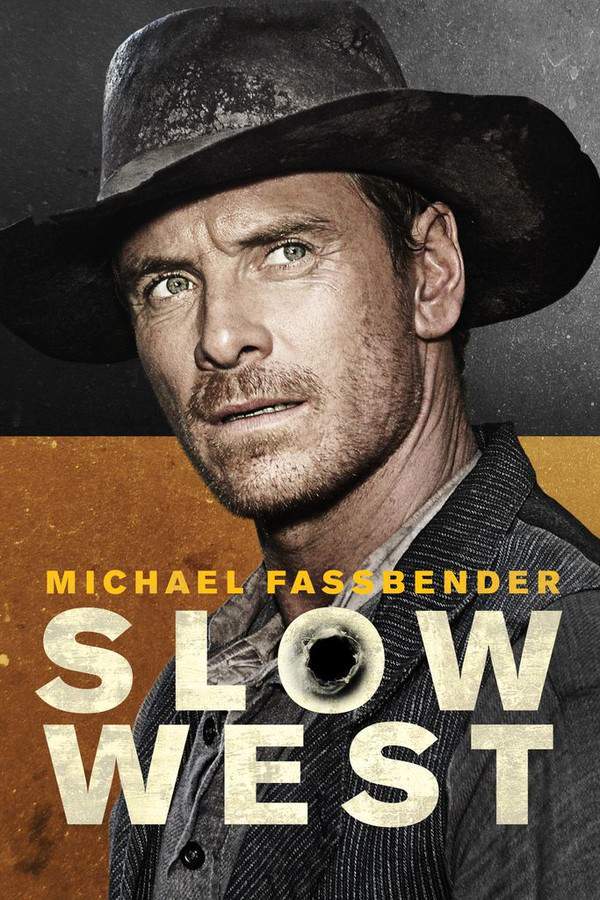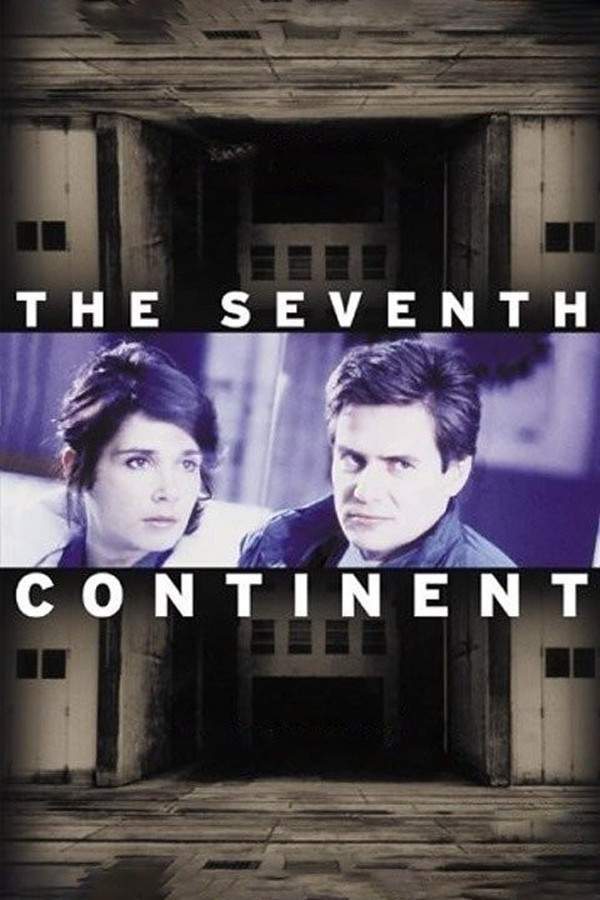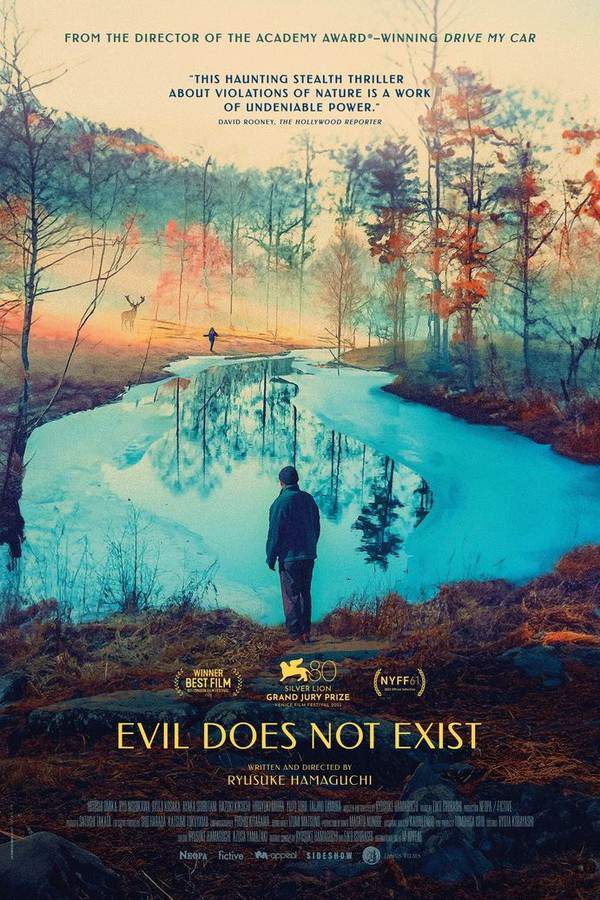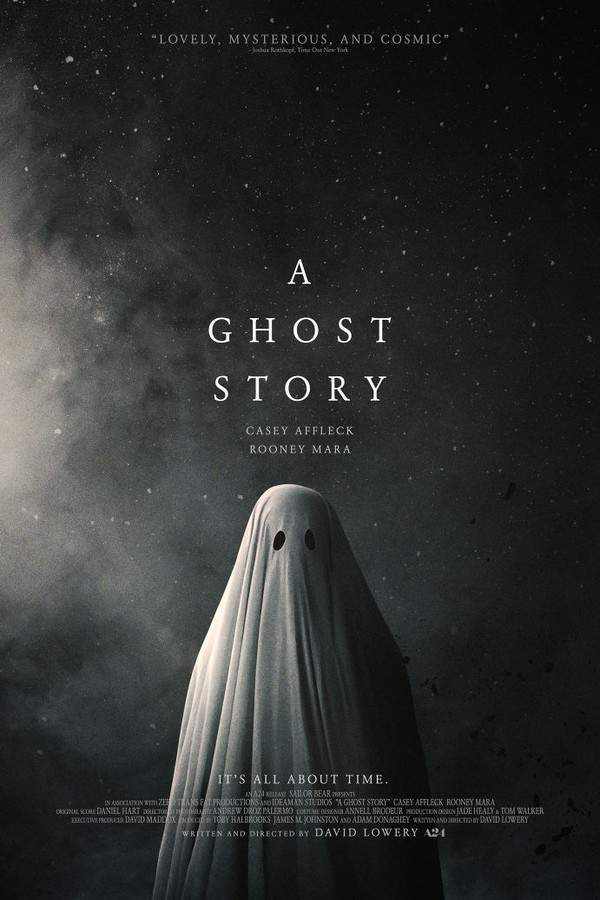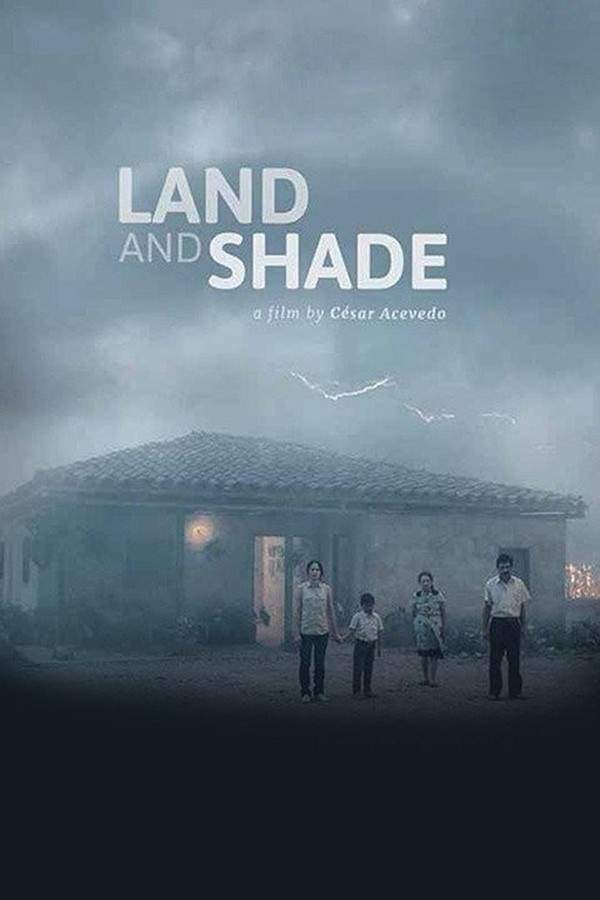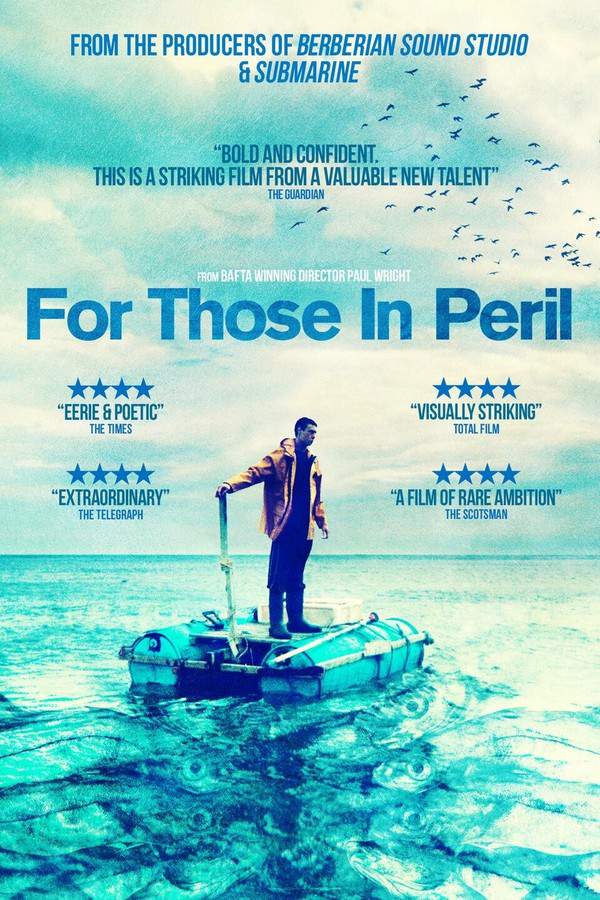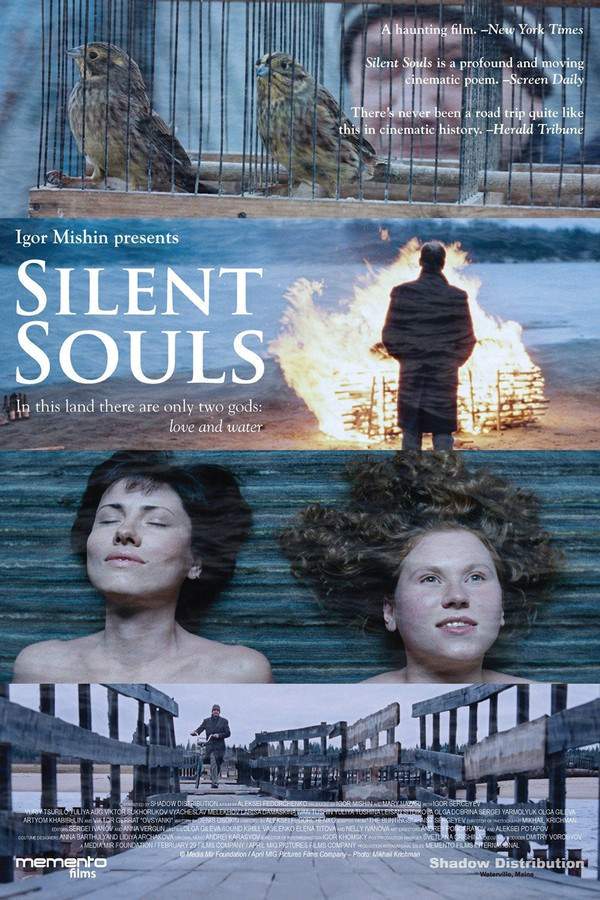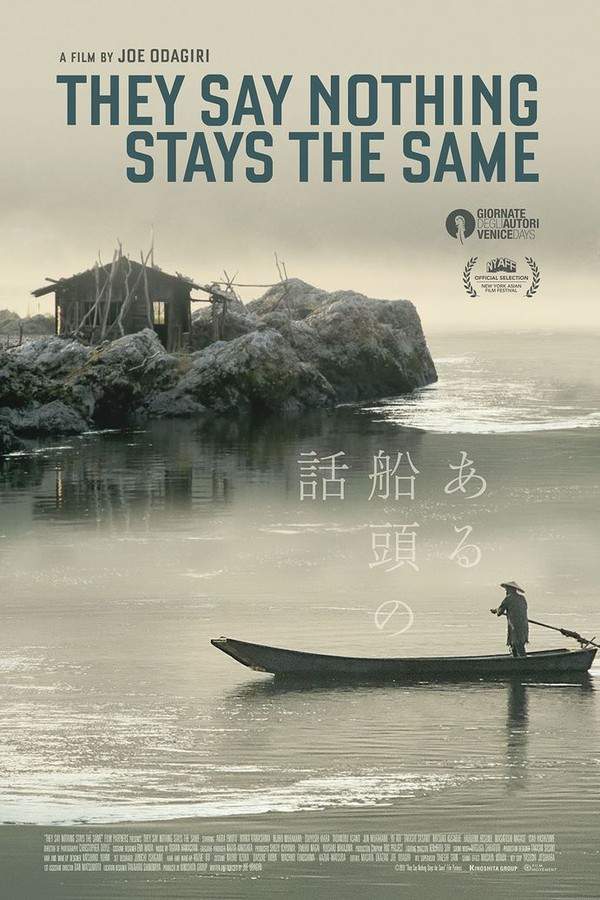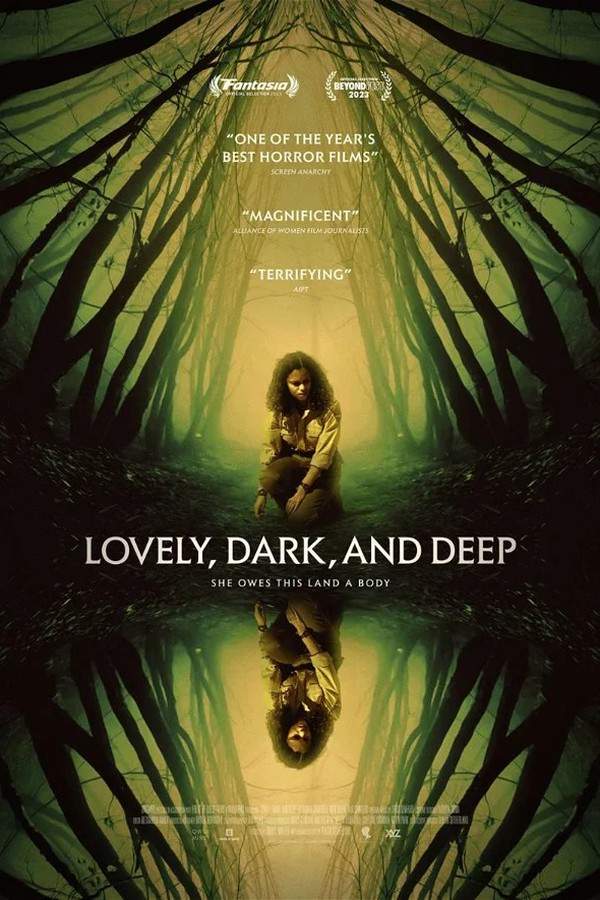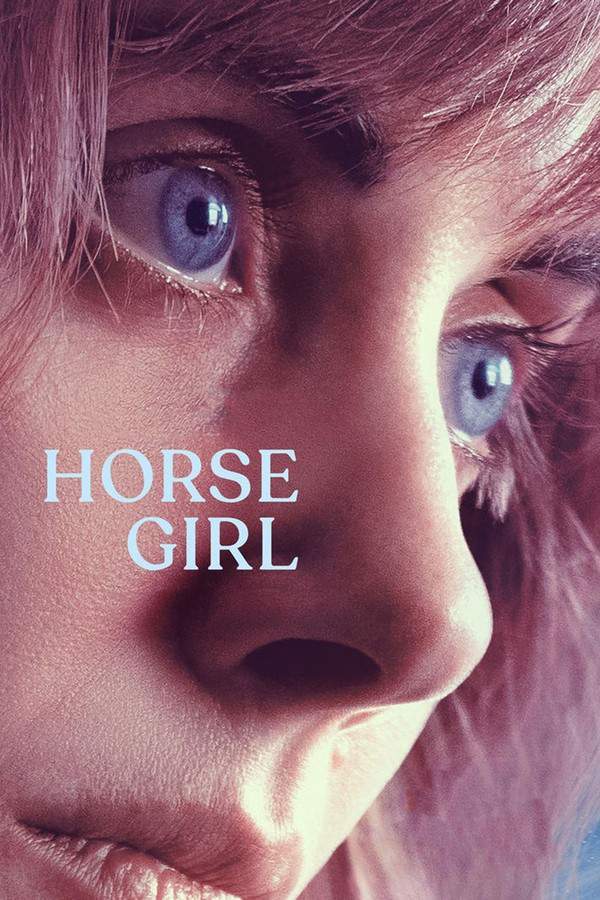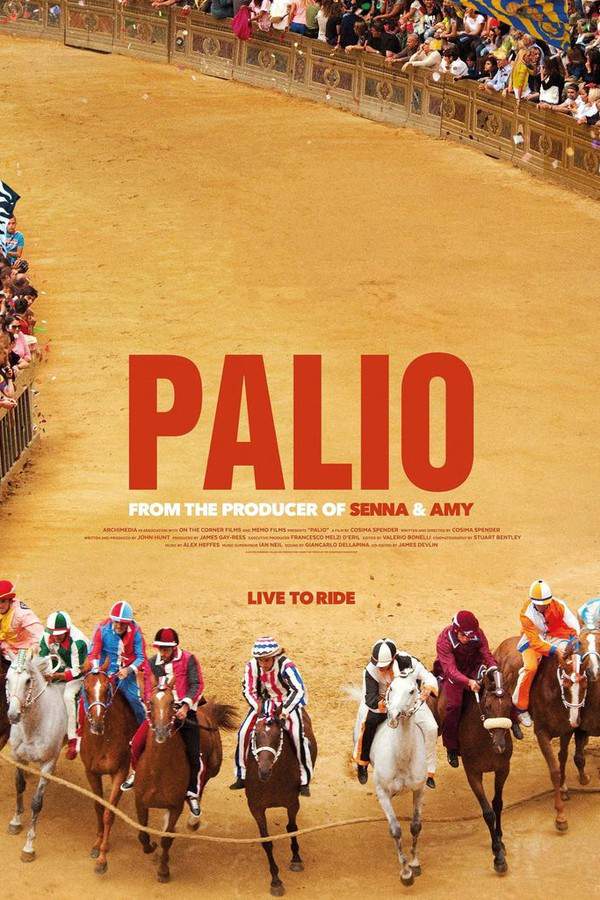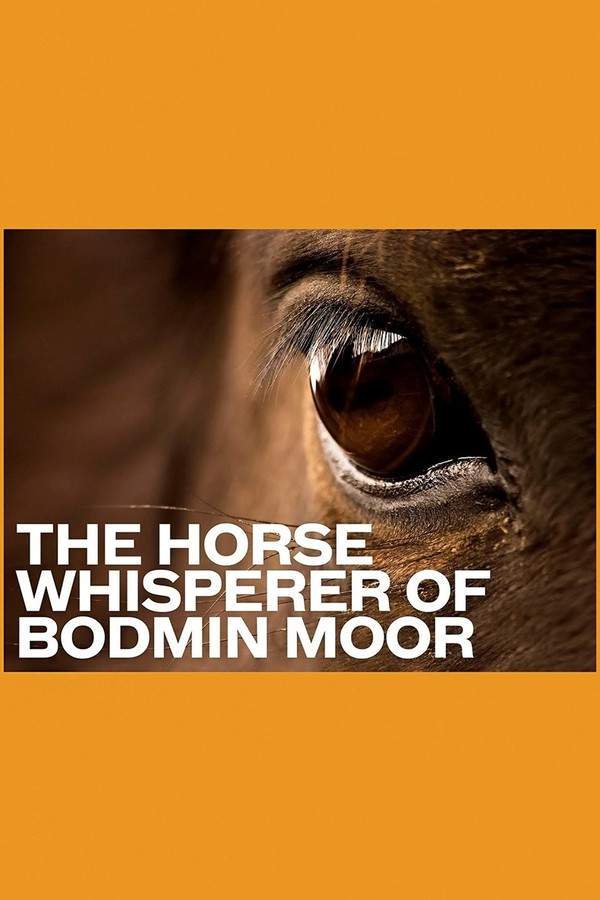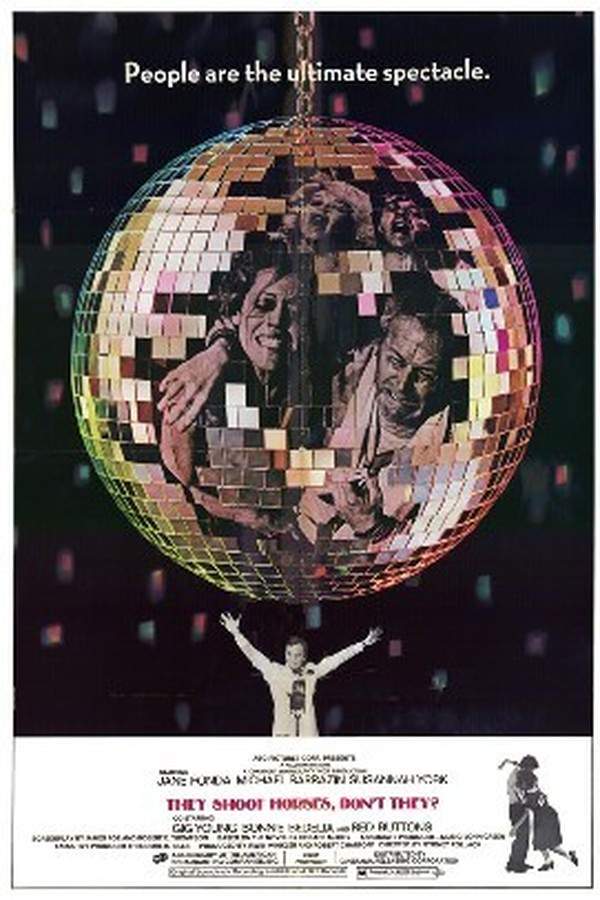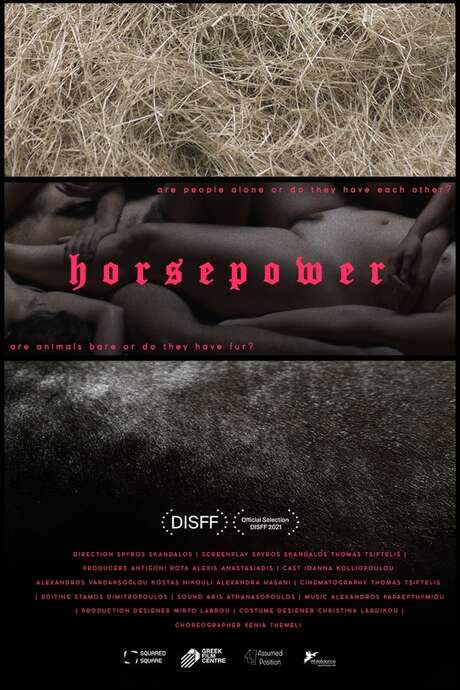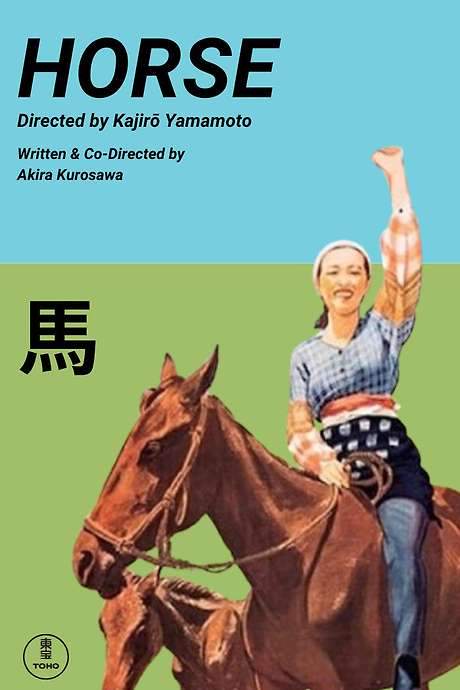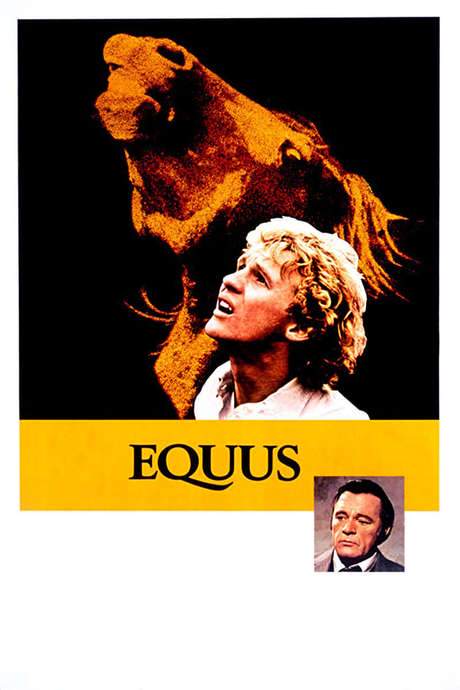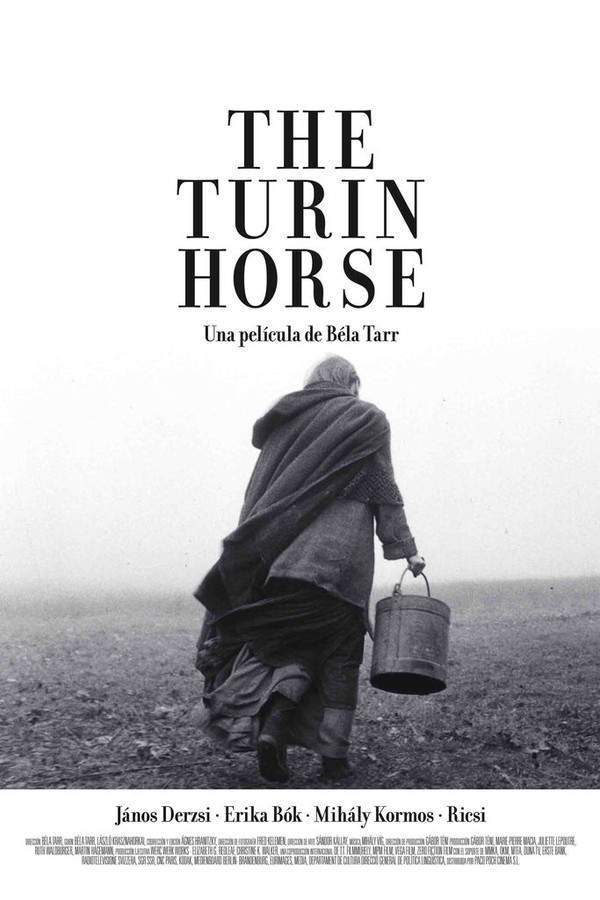
The Turin Horse
Year: 2012
Runtime: 146 min
Language: Hungarian
Directors: Ágnes Hranitzky, Béla Tarr
In the gray dawn of Turin, philosopher Friedrich Nietzsche witnesses a tense encounter between a cab driver and his horse, resolving the situation with an unexpected display of emotion. As Nietzsche's own life retreats into silence and solitude, the narrative shifts to a father and daughter facing hardship and struggling to persevere through a period of societal breakdown. The horse's resistance becomes a reflection of their desperate fight for survival.
Warning: spoilers below!
Haven’t seen The Turin Horse yet? This summary contains major spoilers. Bookmark the page, watch the movie, and come back for the full breakdown. If you're ready, scroll on and relive the story!
The Turin Horse (2012) – Full Plot Summary & Ending Explained
Read the complete plot breakdown of The Turin Horse (2012), including all key story events, major twists, and the ending explained in detail. Discover what really happened—and what it all means.
The film commences with a possibly fictional account of German philosopher Friedrich Nietzsche’s mental collapse on January 3, 1889, while staying at number six, Via Carlo Alberto, Turin, Italy. During this period, a coach driver wrestles with a particularly obstinate horse that refuses to budge. Frustrated, the driver loses his temper and strikes the animal with his whip. Witnessing this, Nietzsche is profoundly affected and embraces the horse, weeping uncontrollably. A concerned neighbor takes him home, where he remains silent and motionless on a divan for two days, before whispering, > “Mutter, ich bin dumm” (Mother, I am stupid). For the subsequent decade, he leads a fragile life, cared for by his mother and sisters.
The narrative then shifts to a rural setting, likely representing the 19th-century Great Hungarian Plain, where the same coach driver coexists with his daughter and their horse. Over the course of six days, their challenging and monotonous lives unfold amid relentless windstorms outside their humble abode. They often find themselves taking turns sitting alone by the window, grappling with their isolated existence. As the second day arrives, the horse becomes increasingly reluctant, refusing to leave the property and even turning down food and water.
That evening, a neighbor named Bernhard stops by for brandy, sharing grim news about a nearby town’s total destruction, attributing the disaster to both divine and human failings. On the third day, a group of “gypsies” (Romani) arrives in a horse-drawn vehicle and drinks from the family’s well without permission. The father and then the daughter confront them, insisting they leave. Before they vanish, some young men from the group threaten to return for the well, while an elderly man gifts the daughter a book, which she reads later that night. By morning on the fourth day, they discover the well has run completely dry. Faced with this crisis, the father resolves they must abandon their farm, and they begin to pack their belongings onto a pushcart. Remarkably, the horse behaves well, though it stubbornly refuses to pull the cart. At a certain point during their journey, they inexplicably decide to turn back and unload their things.
On the fifth day, the horse appears ill, possibly nearing death, and is unfit for work. The father reluctantly removes its reins, allowing it to rest in the barn. The father and daughter retreat indoors, seeking solace from the relentless winds howling outside. As night falls, the house is suddenly plunged into darkness as the light goes out. When the sixth day arrives, the winds have ceased, but there’s no sign of sunlight either. With only raw potatoes to sustain them, the daughter grows uncommunicative and refuses to eat, surrendering to despair. Her father seems to follow her lead, leaving his potato uneaten and sharing the silence with his daughter, as they confront a somber fate together.
Last Updated: November 16, 2024 at 15:15
Explore Movie Threads
Discover curated groups of movies connected by mood, themes, and story style. Browse collections built around emotion, atmosphere, and narrative focus to easily find films that match what you feel like watching right now.
Movies about societal collapse like The Turin Horse
Films about the slow, grinding decay of civilization and the human spirit.For viewers who appreciated the stark portrayal of rural hardship and societal breakdown in The Turin Horse, this list features similar films about existential despair and the slow decay of civilization. These movies share a bleak tone, heavy emotional weight, and a focus on the fundamental struggle for survival.
Narrative Summary
Stories in this thread typically follow characters as they confront a decaying world, stripping away layers of comfort and hope. The narrative pattern is often one of gradual decline, where characters face elemental hardships and philosophical questions about the value of perseverance in the face of inevitable futility.
Why These Movies?
These films are grouped by their shared bleak worldview, thematic focus on societal or existential collapse, and a heavy, oppressive mood. They often feature slow pacing that allows the weight of the situation to settle on both the characters and the audience.
Slow-burn meditative movies like The Turin Horse
Deliberately paced, atmospheric films depicting the quiet, repetitive struggle of existence.If you liked the deliberate, slow pacing and atmospheric focus of The Turin Horse, this collection features similar meditative films. These movies prioritize mood over plot, often depicting rural isolation, quiet hardship, and the stark beauty of a minimalist existence with a heavy emotional tone.
Narrative Summary
The narrative unfolds through patient observation rather than traditional plot beats. Conflict is often internal or environmental, centered on the struggle to maintain a basic existence against harsh conditions. The journey is cyclical and repetitive, emphasizing the weight of routine and the passage of time.
Why These Movies?
They are connected by an unwavering commitment to slow pacing, a heavy and often bleak atmosphere, and a focus on the raw, unglamorous details of survival. The viewing experience is immersive and contemplative, demanding patience and rewarding it with a deep sense of mood.
Unlock the Full Story of The Turin Horse
Don't stop at just watching — explore The Turin Horse in full detail. From the complete plot summary and scene-by-scene timeline to character breakdowns, thematic analysis, and a deep dive into the ending — every page helps you truly understand what The Turin Horse is all about. Plus, discover what's next after the movie.
The Turin Horse Timeline
Track the full timeline of The Turin Horse with every major event arranged chronologically. Perfect for decoding non-linear storytelling, flashbacks, or parallel narratives with a clear scene-by-scene breakdown.

Characters, Settings & Themes in The Turin Horse
Discover the characters, locations, and core themes that shape The Turin Horse. Get insights into symbolic elements, setting significance, and deeper narrative meaning — ideal for thematic analysis and movie breakdowns.

The Turin Horse Spoiler-Free Summary
Get a quick, spoiler-free overview of The Turin Horse that covers the main plot points and key details without revealing any major twists or spoilers. Perfect for those who want to know what to expect before diving in.

More About The Turin Horse
Visit What's After the Movie to explore more about The Turin Horse: box office results, cast and crew info, production details, post-credit scenes, and external links — all in one place for movie fans and researchers.

Similar Movies to The Turin Horse
Discover movies like The Turin Horse that share similar genres, themes, and storytelling elements. Whether you’re drawn to the atmosphere, character arcs, or plot structure, these curated recommendations will help you explore more films you’ll love.
Explore More About Movie The Turin Horse
The Turin Horse (2012) Scene-by-Scene Movie Timeline
The Turin Horse (2012) Movie Characters, Themes & Settings
The Turin Horse (2012) Spoiler-Free Summary & Key Flow
Movies Like The Turin Horse – Similar Titles You’ll Enjoy
Horse Girl (2020) Plot Summary & Ending Explained
Palio (2015) Full Summary & Key Details
The Horse Whisperer (1998) Full Movie Breakdown
They Shoot Horses, Don't They? (1969) Film Overview & Timeline
Horseplayer (1990) Complete Plot Breakdown
The Horse Thieves. Roads of Time (2019) Story Summary & Characters
The Horse Thief (1986) Plot Summary & Ending Explained
Horsepower (2021) Movie Recap & Themes
The Horsemen (1971) Full Movie Breakdown
Horse (1941) Full Summary & Key Details
The Last Horse (1950) Complete Plot Breakdown
Wild Horses (1995) Movie Recap & Themes
Equus (1977) Full Movie Breakdown
The Horsemen (1950) Film Overview & Timeline
The Death of a Horse (1992) Detailed Story Recap

